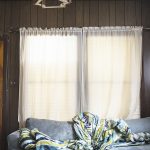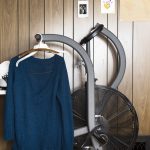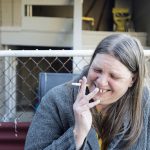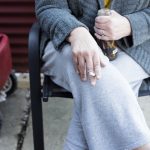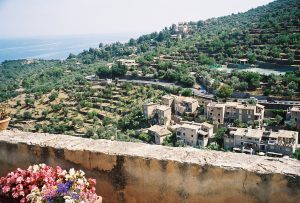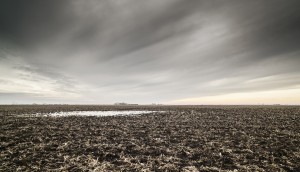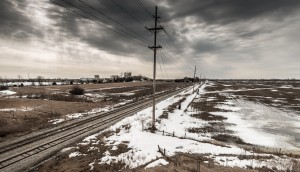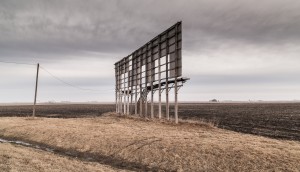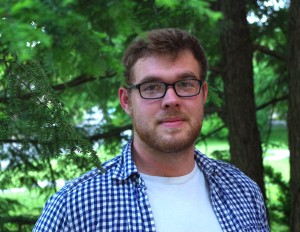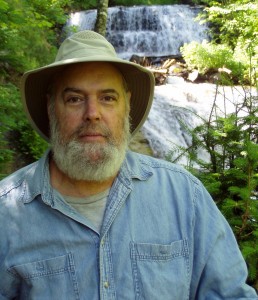The Average Family
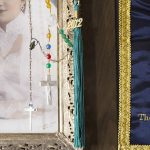 Photography is a way for me to interact with all of the things that happen in my life that are just plain average and will one day be forgotten. No one overly cares about this average life I live, ten thousand other people are living a similar one. What do I have to say that two million people haven’t already hash-tagged on Instagram? A bike, a couch, some kid, so what?
Photography is a way for me to interact with all of the things that happen in my life that are just plain average and will one day be forgotten. No one overly cares about this average life I live, ten thousand other people are living a similar one. What do I have to say that two million people haven’t already hash-tagged on Instagram? A bike, a couch, some kid, so what?
But I think there’s more. The subtle small nuances that our “thousand images a day” exposed minds don’t catch. I like those things. It’s old news, but maybe it’ll be new if you stop missing it. I write and photograph because I don’t want to miss the small. I don’t want to forget the way his thumb looked when he was four, or the shade of blue from her favorite sweater. I can’t wrap my head around the fact that these things are all piled up and dumped into giant holes labeled “the average day when I was five” or “the color blue.”
It just can’t be true. So I take the images and write down the stories that are going to get lumped all together one day; in honor of the forgotten importance, the vast similarities that somehow make us all slightly different. I aim to capture all things lost, all things average, the boring things that make people them.
Rebecca Bustamante has her BA in Photography from Columbia College Chicago where she developed her documentary eye for the visual narrative and strengthened her voice for the written narrative. Fascinated in memory preservation, distortion, and loss, story telling had become the perfect avenue to explore these ideas; photography and writing are her main tools. She’s a mom of two tiny humans and wife to a fancy head of hair.


